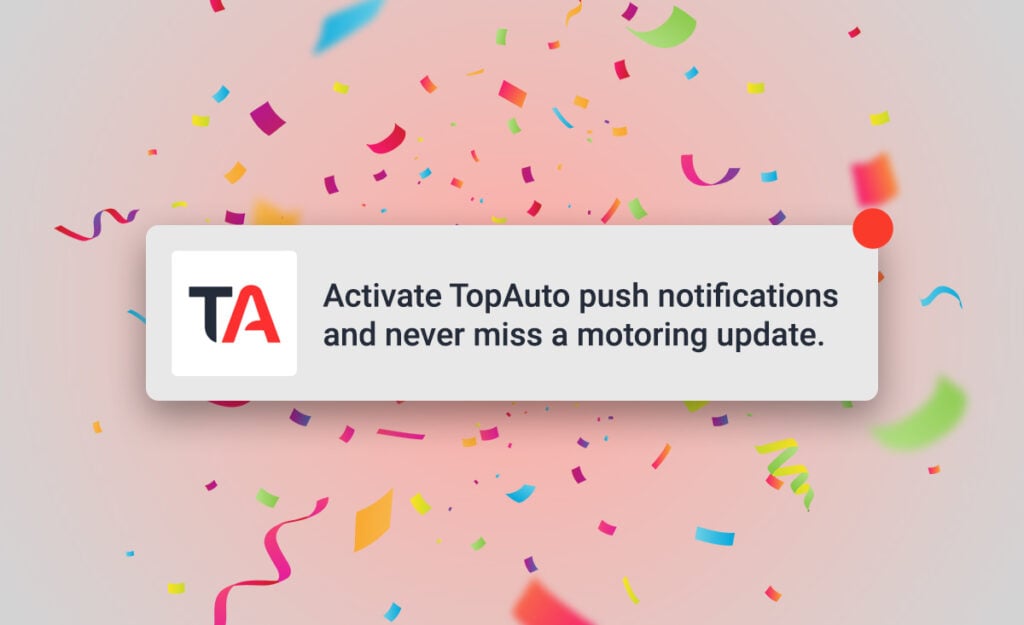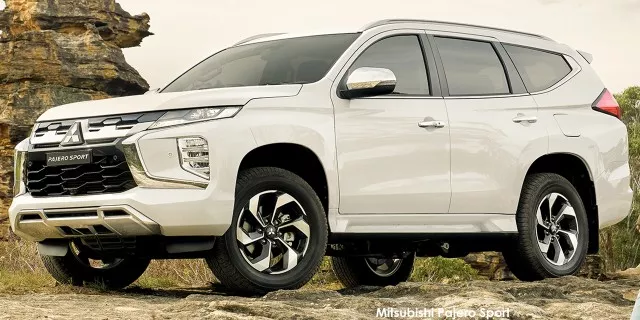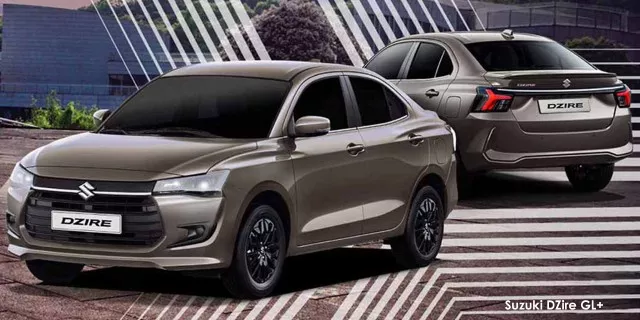
Experian has released its latest Consumer Default Index (CDI) report, in which the company details the percentage of South Africans who defaulted on their vehicle loan repayments in the first quarter of 2021.
While other categories such as home and retail loans showed a recovery compared to the same period in 2020, vehicle loans repayments deteriorated substantially, said the report.
According to Experian, 4.1% of vehicle loan balances on an annualised basis were not paid for the first time over the period of January to March 2021.
This amounts to roughly R4.79 billion in defaulted payments.
Provinces
According to the CDI report, the Western Cape has returned to the leading position in terms of the lowest default percentage – 3.51%.
However, it said the province still saw a large increase when compared to March last year – when the province showed a 2.9% CDI.
Mpumalanga saw a jump from 4.23% to 4.86% year-on-year, placing them at the top in terms of province CDIs.
North West was the only province where an improved vehicle loan CDI was seen, from 4.37% in March 2020 to 4.15% in March 2021.
Groups
Along with the province CDIs, the report detailed the macro Financial Affluence Segmentation (FAS) groups that experienced the biggest changes year-on-year.
The upper-middle-class mature individuals group has the largest credit exposure in vehicle loans, with 78% of the consumers in this group paying off vehicles monthly.
“While financially mature, this type similarly experienced a deterioration in vehicle loan CDI over the period, moving from 2.57% in March 2020 to 3.10% in March 2021,” said Experian.
This equates to R454 million in defaulted payments.
The struggling earners group – of which 5% have vehicle loans at an average of R136,000 – is responsible for the lowest vehicle loan CDI, at 0.41%.
“This is purely the result of very low product ownership (0.02% exposure to vehicle loan market) in this type,” said the company.
Restricted retirees, on the other hand, are showing the highest vehicle loans CDI, at 10.90%.
“As such, the few individuals in this segment who do have a vehicle finance product (6%) are likely to be pushing their limits in terms of affordability,” said Experian.
Advice
“Reports by TransUnion and National Debt Advisors have echoed these findings and despite the lockdown relief measures put in place by banks to assist cash-strapped borrowers, car repossessions are rising,” said Marc Friedman, CEO of Weelee.
“To avoid a repossession, cash-strapped vehicle owners need to react promptly and be wise in weighing up the various options available to them.”
Friedman provides the following tips for consumers looking to decrease their monthly vehicle loan payments:
- Use all the benefits provided by your maintenance plan and other value-added services.
- Negotiate better terms with your credit provider.
- Downscale your vehicle if you do not need something as luxurious.
- Consolidate multi-car households to have fewer vehicles that need monthly repayments.
“If you think that you might struggle with fulfilling your car instalment obligations, be proactive and start making a plan now.”









